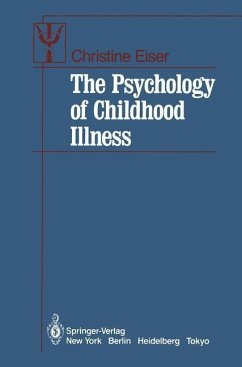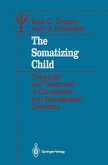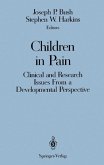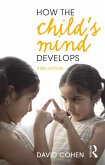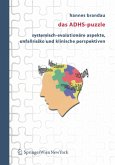The pattern of childhood illness has changed significantly during this century. Many frightening conditions such as polio and tuberculosis have essentially been eradicated. Other conditions that were once fatal have now achieved the status of chronic disorders, for example, leukemia, cancer, and cystic fibrosis. Technological advances which have resulted in the medical treatment of these conditions have, however, created a gamut of psychological problems for the children and their families. Recognition of these problems has lagged behind other advances in pediatric medicine. The emergence of a specialist area of pediatric psychology (Wright, 1975) has largely been responsible for the mushrooming of research in the area. In much early work, the emphasis was on the impact of chronic illness on children and their families. Reactions at times of greatest trauma, especially diagnosis or death, were particularly well documented. Issues relating to day-to-day aspects of child care, involving questions of discipline or protectiveness, have received much less attention. As far as the sick child is concerned, there has been much investigation of academic and intellectual development, as well as of personality changes that might accompany illness.
Dieser Download kann aus rechtlichen Gründen nur mit Rechnungsadresse in A, B, BG, CY, CZ, D, DK, EW, E, FIN, F, GR, HR, H, IRL, I, LT, L, LR, M, NL, PL, P, R, S, SLO, SK ausgeliefert werden.

